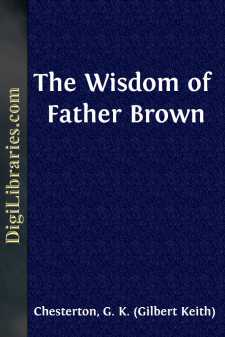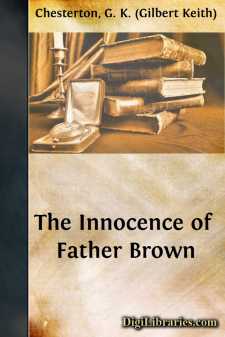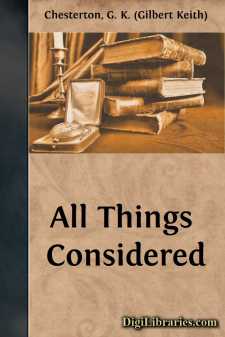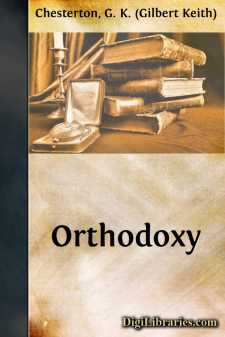Categories
- Antiques & Collectibles 13
- Architecture 36
- Art 48
- Bibles 22
- Biography & Autobiography 816
- Body, Mind & Spirit 145
- Business & Economics 28
- Children's Books 17
- Children's Fiction 14
- Computers 4
- Cooking 94
- Crafts & Hobbies 4
- Drama 346
- Education 58
- Family & Relationships 59
- Fiction 11834
- Foreign Language Study 3
- Games 19
- Gardening 17
- Health & Fitness 34
- History 1378
- House & Home 1
- Humor 147
- Juvenile Fiction 1873
- Juvenile Nonfiction 202
- Language Arts & Disciplines 89
- Law 16
- Literary Collections 686
- Literary Criticism 179
- Mathematics 13
- Medical 41
- Music 40
- Nature 179
- Non-Classifiable 1768
- Performing Arts 7
- Periodicals 1453
- Philosophy 66
- Photography 2
- Poetry 897
- Political Science 203
- Psychology 45
- Reference 154
- Religion 516
- Science 126
- Self-Help 85
- Social Science 82
- Sports & Recreation 34
- Study Aids 3
- Technology & Engineering 59
- Transportation 23
- Travel 463
- True Crime 29
Our website is made possible by displaying online advertisements to our visitors.
Please consider supporting us by disabling your ad blocker.
Hilaire Belloc The Man and His Work
Categories:
Description:
Excerpt
When I first met Belloc he remarked to the friend who introduced us that he was in low spirits. His low spirits were and are much more uproarious and enlivening than anybody else's high spirits. He talked into the night; and left behind in it a glowing track of good things. When I have said that I mean things that are good, and certainly not merely bons mots, I have said all that can be said in the most serious aspect about the man who has made the greatest fight for good things of all the men of my time.
We met between a little Soho paper shop and a little Soho restaurant; his arms and pockets were stuffed with French Nationalist and French Atheist newspapers. He wore a straw hat shading his eyes, which are like a sailor's, and emphasizing his Napoleonic chin. He was talking about King John, who, he positively assured me, was not (as was often asserted) the best king that ever reigned in England. Still, there were allowances to be made for him; I mean King John, not Belloc. "He had been Regent," said Belloc with forbearance, "and in all the Middle Ages there is no example of a successful Regent." I, for one, had not come provided with any successful Regents with whom to counter this generalization; and when I came to think of it, it was quite true. I have noticed the same thing about many other sweeping remarks coming from the same source.
The little restaurant to which we went had already become a haunt for three or four of us who held strong but unfashionable views about the South African War, which was then in its earliest prestige. Most of us were writing on the Speaker, edited by Mr. J. L. Hammond with an independence of idealism to which I shall always think that we owe much of the cleaner political criticism of to-day; and Belloc himself was writing in it studies of what proved to be the most baffling irony. To understand how his Latin mastery, especially of historic and foreign things, made him a leader, it is necessary to appreciate something of the peculiar position of that isolated group of "Pro-Boers." We were a minority in a minority. Those who honestly disapproved of the Transvaal adventure were few in England; but even of these few a great number, probably the majority, opposed it for reasons not only different but almost contrary to ours. Many were Pacifists, most were Cobdenites; the wisest were healthy but hazy Liberals who rightly felt the tradition of Gladstone to be a safer thing than the opportunism of the Liberal Imperialist. But we might, in one very real sense, be more strictly described as Pro-Boers. That is, we were much more insistent that the Boers were right in fighting than that the English were wrong in fighting. We disliked cosmopolitan peace almost as much as cosmopolitan war; and it was hard to say whether we more despised those who praised war for the gain of money, or those who blamed war for the loss of it. Not a few men then young were already predisposed to this attitude; Mr. F. Y. Eccles, a French scholar and critic of an authority perhaps too fine for fame, was in possession of the whole classical case against such piratical Prussianism; Mr. Hammond himself, with a careful magnanimity, always attacked Imperialism as a false religion and not merely as a conscious fraud; and I myself had my own hobby of the romance of small things, including small commonwealths. But to all these Belloc entered like a man armed, and as with a clang of iron. He brought with him news from the fronts of history; that French arts could again be rescued by French arms; that cynical Imperialism not only should be fought, but could be fought and was being fought; that the street fighting which was for me a fairytale of the future was for him a fact of the past....












